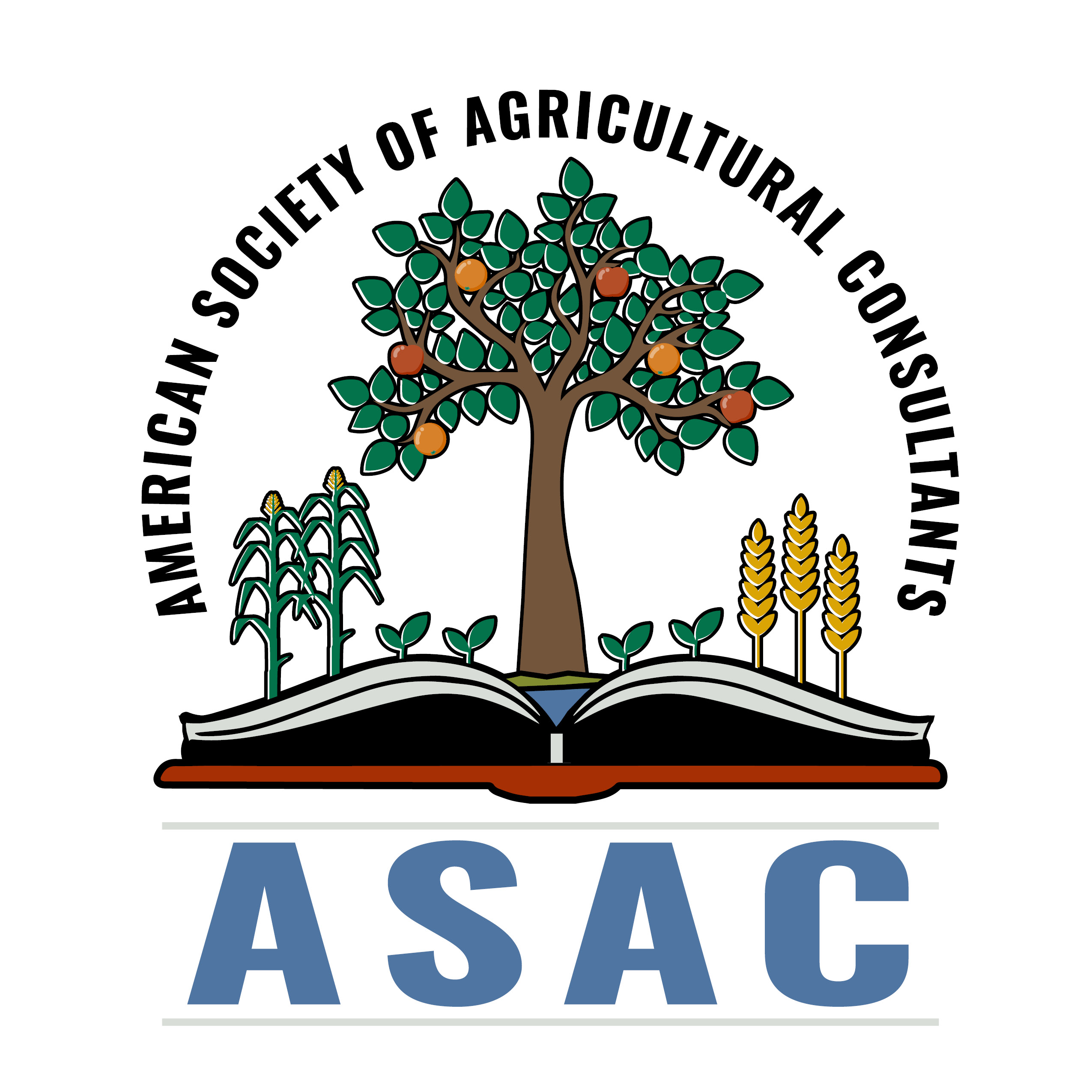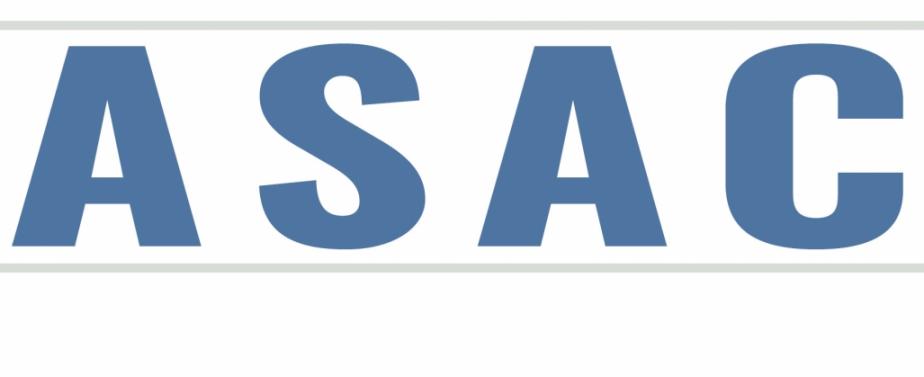Learned Leadership
07/28/2022
Warren Buffett is arguably the greatest investor in the history of American business, at least of the past seventy years or so. He’s known as the “Oracle of Omaha” and has amassed a fortune well over $100 billion. Berkshire Hathaway, the holding company controlled by him and his friend, business partner and confidante, Charlie Munger, has created and accumulated hundreds of billions of dollars of company and shareholder value in the decades since assuming control of the company. He’s followed with a fervor bordering on religious zealotry and is quoted ad infinitum by pundits, politicians and ordinary stock pickers.
Warren Buffett is arguably the greatest investor in the history of American business, at least of the past seventy years or so. He’s known as the “Oracle of Omaha” and has amassed a fortune well over $100 billion. Berkshire Hathaway, the holding company controlled by him and his friend, business partner and confidante, Charlie Munger, has created and accumulated hundreds of billions of dollars of company and shareholder value in the decades since assuming control of the company. He’s followed with a fervor bordering on religious zealotry and is quoted ad infinitum by pundits, politicians and ordinary stock pickers.
His demeanor has often been called folksy; his utterances can be downright entertaining while enlightening. His Berkshire Hathaway annual shareholder meetings draw thousands to Omaha each year to hear his message, hanging onto his every word, with hopes of scrapping up some morsels of knowledge to emulate his investing acumen.
His investing success can be largely summed up in some of the hundreds of quotes, published rules to follow and principles of investing attributed to him over his career.
• Rule No. 1 – Never lose MONEY
• Rule No. 2 – Never forget RULE NO. 1
• Rule No. 3 – If the business does well, the stock will eventually FOLLOW.
• Rule No. 4 – It’s far BETTER to buy a wonderful company at a fair price, than a fair company at a wonderful price.
• Rule No. 5 – Our favorite holding period is FOREVER.
Mr. Buffett readily admits to making mistakes along the way, misreading the markets and underestimating the things that can go wrong at times. More importantly, he learned over decades of investing to gauge the intelligence, ambition, and, more importantly, the integrity of those entrusted to manage the enterprises in which Berkshire is invested.
Where, might you ask at this point, am I going with this? Well, families in the business of building a legacy operation rarely intend to follow the business model of short-term gain by building a business and flipping it for quick profits, as seen in stock market trading, and in home and land trading in developing markets. Farm families are typically focused on building enterprise value for long-term, multigenerational continuance. Certainly, things happen, good or bad, that impact the decisions to maintain an operation or to divest it. That’s another storyline to follow for another article.
Farm families’ intended holding periods are FOREVER. Growth in farm business equity, hence family equity and wealth accumulation, is the result of following the five rules expressed above. Financial results of a farm business closely held by a family follows the same fundamental accounting principles of a publicly traded corporation with hundreds, if not thousands, of individual stockholders. Assets minus Liabilities equals Equity/Net Worth/Wealth Accumulation.
Lots of differences in the logistics, but the financial basics just the same.
All of this is certainly easier said than done and the history books are filled with stories of failure and plans gone awry or changed with changing circumstances.
Here I change gears and bring in another business leader with his story of success...and failure...and success again.
David Novak served 17 years as CEO of Yum Brands, owner and operator of Taco Bell, KFC, and Pizza Hut fast-food restaurants. During his tenure, he helped the company’s size double, and its market capitalization increase 800%. It expanded internationally. Despite this heady accomplishment, he writes in his new book, “Take Charge of You”, of his “epic fail”, the launch of Crystal Pepsi in 1992. At that time, he was head of Pepsi’s Marketing Department. He says, “I thought I was the genius of all time”. He noticed that cola drinks were losing market share to clear drinks, so he pushed ahead with a plan to stock stores with plenty of Crystal Pepsi ahead of a big Super Bowl campaign. Long story short, it flopped. Distributors complained, sales never materialized, and Time magazine declared it as one of the “10 Worst Products Fails of All Time”.
For many up-and-coming executives, this would spell the end of a career, or at least a demotion to the mailroom. Learning to take feedback from others, and not relying solely on his own ideas, he persevered, regained his footing, and retired as CEO of the company in 2016. Now, he teaches leadership skills at the Novak Leadership Institute at the University of Missouri, his alma mater. He uses missteps and failures as a key teaching tool. “People know how you’ve gotten your success, but they don’t know how you failed along the way”, he says.
For farm families striving to build a legacy of prosperity over generations, failures will occur. Crop/livestock failures, weather disasters, family dysfunctions, health problems, accidents. The ability to right the ship and keep the business on a positive path requires a mindset of resiliency and resolve. Family members must have a bond that cannot be broken. It’s easy to fall into depression and denial, contending it’s someone or something’s fault, and that nothing can be done about it. This is not only a problem in agriculture, but also in every industry, profession, organization and in our personal lives.
We must take charge of situations, put in place the structures and systems to manage our businesses properly and be responsible for our circumstances. Communication and teamwork are critical to success. There are no guarantees in business or in life. It is up to each of us to identify and acknowledge failures and shortcomings, overcome them with resolve and a steely determination to succeed on our own merits and abilities, not casting doubts and aspersions at the market, the government (although the government does cause more problems than they solve), the weather, and anything or anyone we think we can blame.
Improvise, Adapt, Overcome. If it is to be, it is up to me.
Excerpted from the Wall Street Journal, Weekend Confidential “CEO David Novak Learned Leadership by Making Mistakes” March 11, 2022
This article is the opinion and perspective of the author and may or may not be consistent with those of other ASAC Members. ASAC as an organization does not advocate positions on issues.
Pete Weisenberger
Weisenberger Agricultural Services, LLC
Post a new comment







